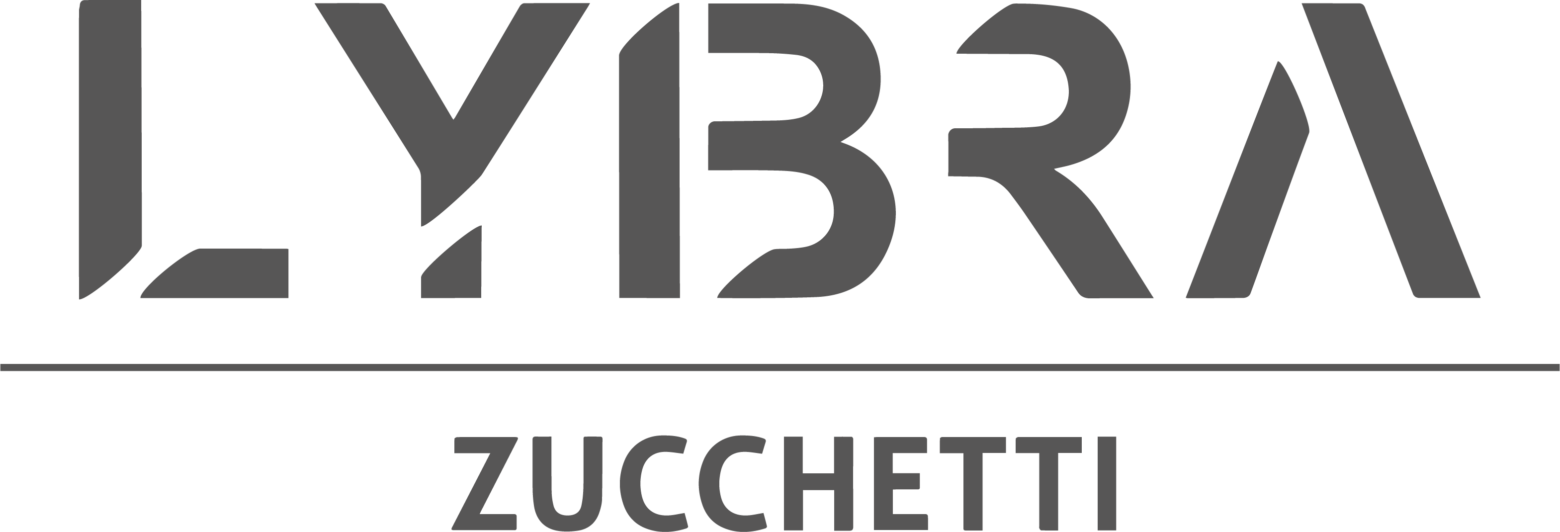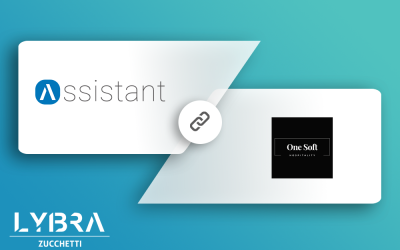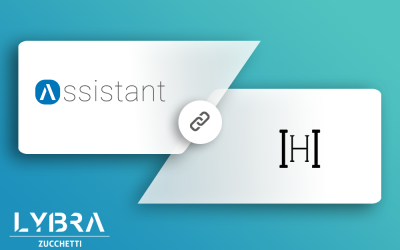More and more hoteliers are considering the purchase of revenue management software to increase hotel sales. There are so many products on the market that it becomes difficult to choose the right solution for one’s needs.
We asked Fulvio Giannetti, CEO and co-founder of Lybra, to tell us about the importance of revenue management systems, how the algorithm that governs this type of software works, and what Lybra has done to position itself in the market and differentiate itself from the competition.
Revenue management software promises to improve hotel sales performance: is this really the case? Does it apply to every type of accommodation facility?
Revenue management software is like supplements; they perform best when paired with a healthy diet. Translated into technical terms, a revenue management system is a very powerful optimization tool that brings benefits in terms of revenue, but they can do even better when paired with a revenue management-oriented corporate culture. One must then consider that there are different types of hotels: business, leisure, oriented toward online sales rather than toward tour operators or groups. A good revenue management system succeeds in adapting to different situations while also bringing benefits in streamlining processes, saving time and resources. This last aspect is particularly important for small/medium facilities that do not have a dedicated specialist in their staff. Often in these situations, revenue management strategy takes a bit of a back seat due to lack of time. In these cases, to give an example, an RMS (Revenue Management System) could be the ideal choice to optimize pricing, which, although it is one of the many aspects of revenue management, is definitely the starting point for improving revenues.
There are multiple solutions available in the market, some newer, some available for years. Why did you think of creating a new system in the segment? What was the initial idea?
While it is true that there are different solutions on the market, there are not as many in proportion to other tools such as, for example, PMS (Property Management Systems). The limitations of RMSs have always been connections: until a few years ago, collecting data from the management system was prohibitively expensive, whereas now technology has made integrations easier. To date, only 15 percent of hotels worldwide use a revenue management system, and the causes are not only related to interface issues, but also to an offering that does not fully meet the needs of hotels. On the one hand there are tools that are too complex, and on the other hand tools that are too basic. Lybra is in the middle: we developed a high-performance system without losing sight of simplicity and automation, with an eye on sustainability.
For revenue management systems we always talk about the famous “algorithm.” Can you explain what it is and whether it really makes a difference between one software and another?
There are currently 2 types of RMS: reactive and predictive. The former have a fairly basic algorithm that ties the suggested price to occupancy within the maximum and minimum ranges. As occupancy increases, the suggested price tends to increase. The limitation of this approach is obvious, since it does not take into account other extremely important factors such as demand pressure, forecast by segment, and market conditions. We are talking about a situation that is not fully optimized: having 80 percent of rooms occupied 60 days or 15 days before arrival is not the same thing. It’s a bit like driving a car in one gear. On the other hand, we have predictive systems, which on the basis of the forecast by segment are able to analyze more information at the same time and suggest an optimal price with greater precision per booking window and room type. In this case we talk about open pricing: the system suggests optimizations based on room type. The Suite has a different booking trend than the standard room, and the price difference between the 2 types should be able to vary over time according to demand pressure. Moreover, optimization is not only limited to price, but also to suggesting minimum stay or discounts (REF vs NOT REF).
If a hotel already has a trained revenue manager on staff, do you recommend using software support anyway?
Lybra is based on the concept of controlled automation providing flexible support that allows revenue managers to do their own detailed analysis and choose which processes to automate and at what times. Modularity allows us to provide a tailor-made product, sewn to the hotel’s needs. On this philosophy were born Lybra Leisure and Lybra Business, two configurations of Lybra that are thought respectively for leisure and business hotels that have different needs because they target different market segments.
What is the difference between RMS and business intelligence-based systems?
Business intelligence tools are cross-cutting tools that are quite present in every industry and are supposed to aggregate data from different sources on a single platform allowing them to be accessed quickly, with the ability to generate custom views or specific reports. Revenue management systems have a more specific functionality. They were in fact created to optimize a business characterized by perishability of assets and a rigid cost structure. They are widely used in the tourism industry for hotels, airplanes, restaurants, parking lots and more. They address the need to sell the right kind of good, to the right customer at the right time. An RMS can have business intelligence capabilities but this is not enough. It should “do” more things, such as suggesting sales prices, allocating rooms to channels, making forecasts, measuring revenue manager’s actions and optimizing them.
What elements should a hotelier consider to evaluate the quality of the revenue management system? What are the criteria for measurement and comparison?
I think the basic aspects are 3:
Aesthetic/functional. The RMS is a workmate that we interact with on a daily basis, and we need to be comfortable with its graphics and functionality.
Integration/frequency. An RMS must be able to read both market data and hotel data. A product that natively integrates all of this information allows it to have a higher frequency of data updates and thus be better performing in terms of speed and accuracy.
Return on investment (ROI). An RMS is an investment from which we expect a return on investment. It must pay for itself quickly and contribute to increased revenues/profits in the medium term. Let’s make an example. We have a hotel that generates a turnover of 1,000,000 euros in a year: a minimum optimization of 1% would correspond to 10,000 euros. Thus the hotelier would amply repay RMS costs. With Lybra we achieve higher average returns on investment.
Can you give me 3 reasons for signing a contract with Lybra?
We have a DEMO conversion rate of 50%, which is well above average. This metric makes us proud because we have managed to differentiate ourselves, to offer a product that has a characterizing, defined, unique visualization.
Again, the main advantages are 3:
ROI. In Lybra you natively find all the most important data of both the hotel and the market, such as events, competitors’ prices and demand pressure on more than 2000 destinations in Italy (thanks to the integration with Zucchetti’s Travel Data Lake). An offer of data and modules that for a small investment allows to have a product that meets clients’ needs with a very high economic return.
Support. It is very important for us to be responsive and accompany our hotel partners in using the system in the most easy way. Our support response times are above average in terms of speed. Having an integrated proprietary data system allows us to be faster in resolving routine issues, and having a single point of contact is definitely an added value for our customers.
Automation. Revenue management is a great opportunity for many hotels, but at the same time for many of them it can be a problem to adopt one more process because internal hotel resources are often limited. With Lybra, many time-consuming functions can be automated. From the onboarding moment, everything is performed automatically, and the same philosophy is applied to the use of the system. With autopilot, for example, it is possible to choose a fully automated price update configuration, or it is possible to define the days and times when to handle everything manually.
Interview by bookingblog.com. Click here for original italian version.










